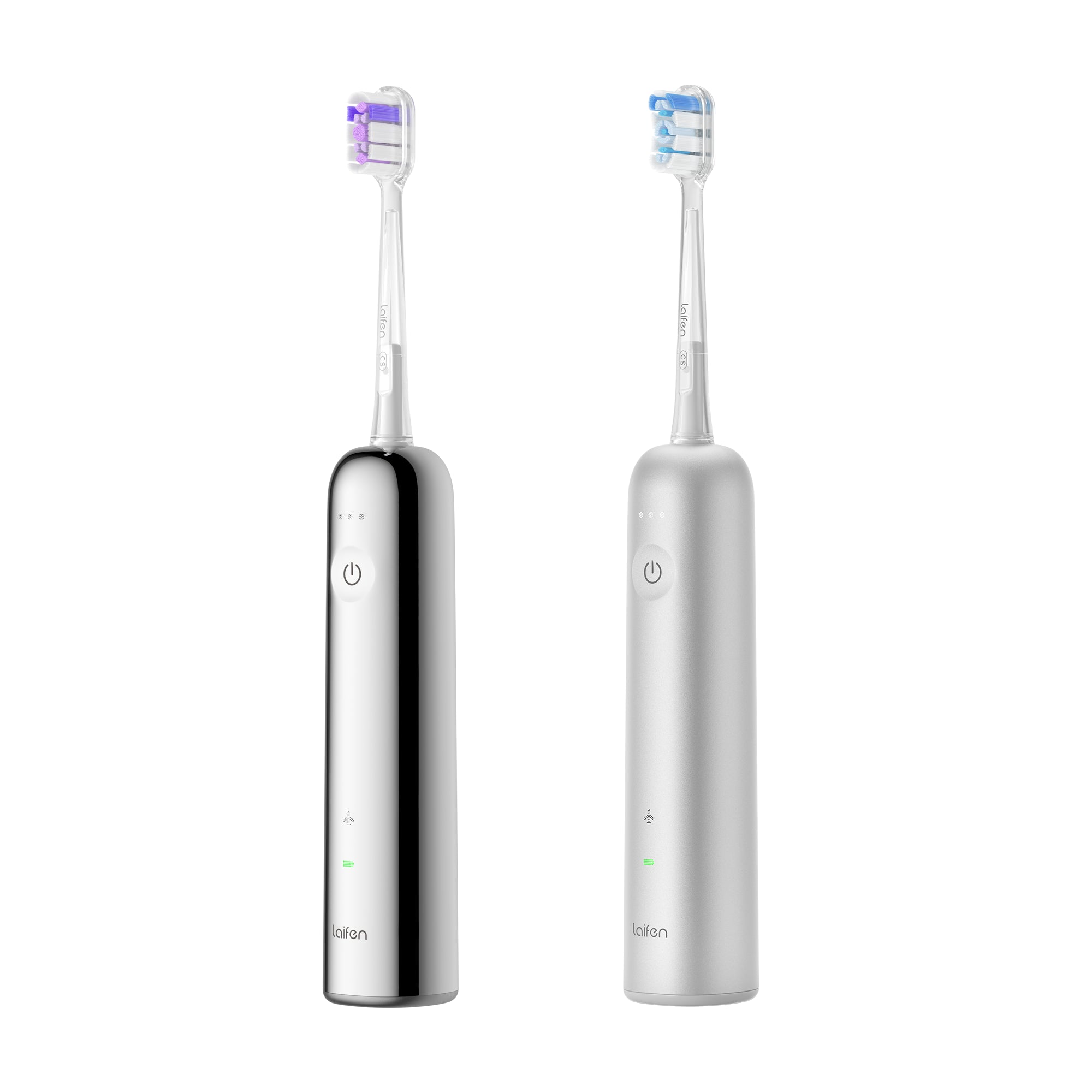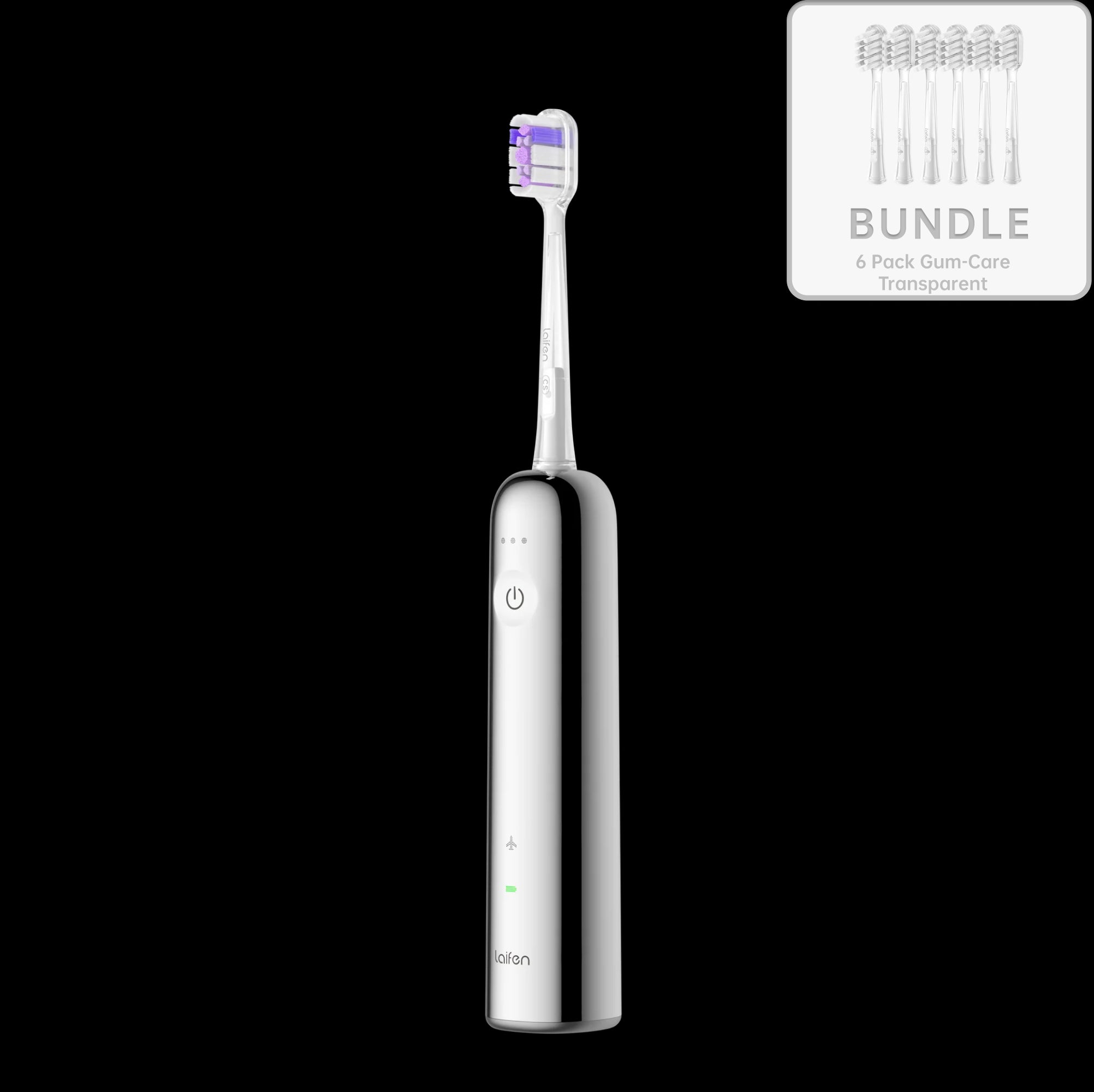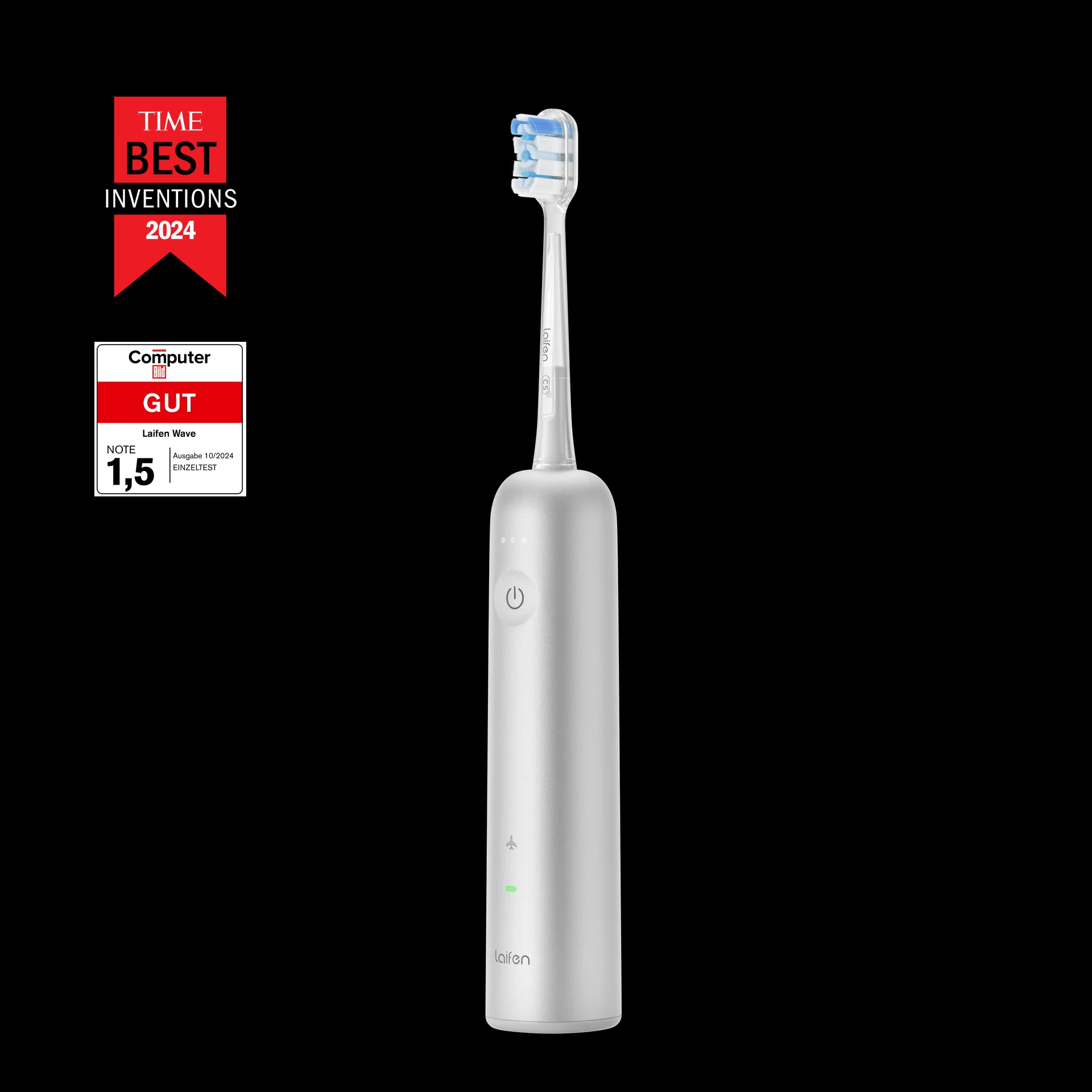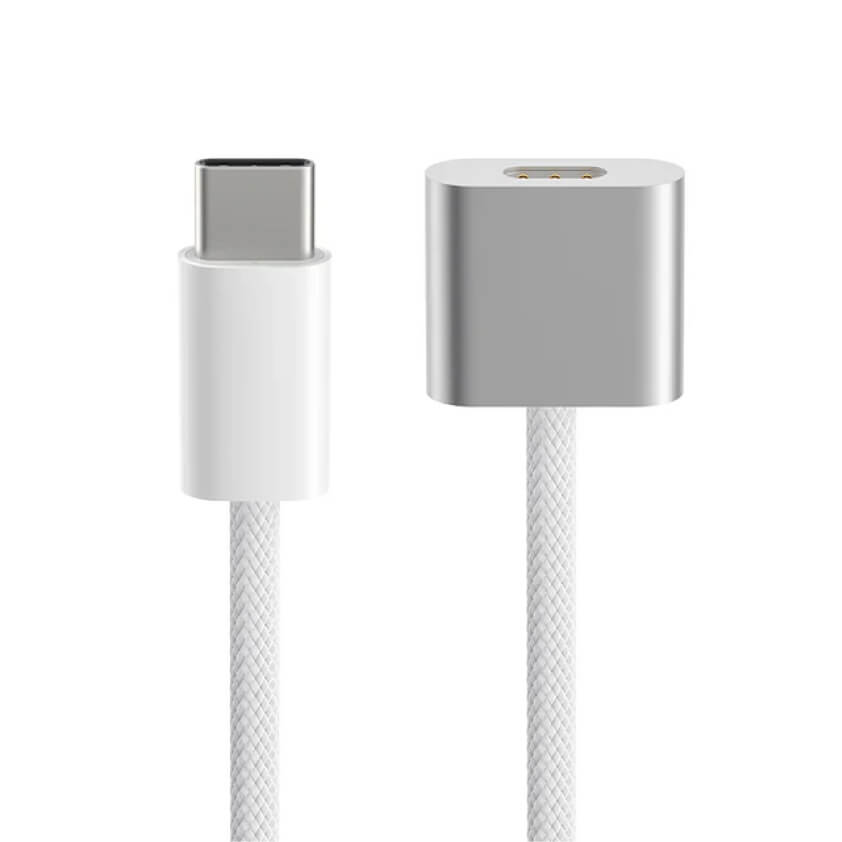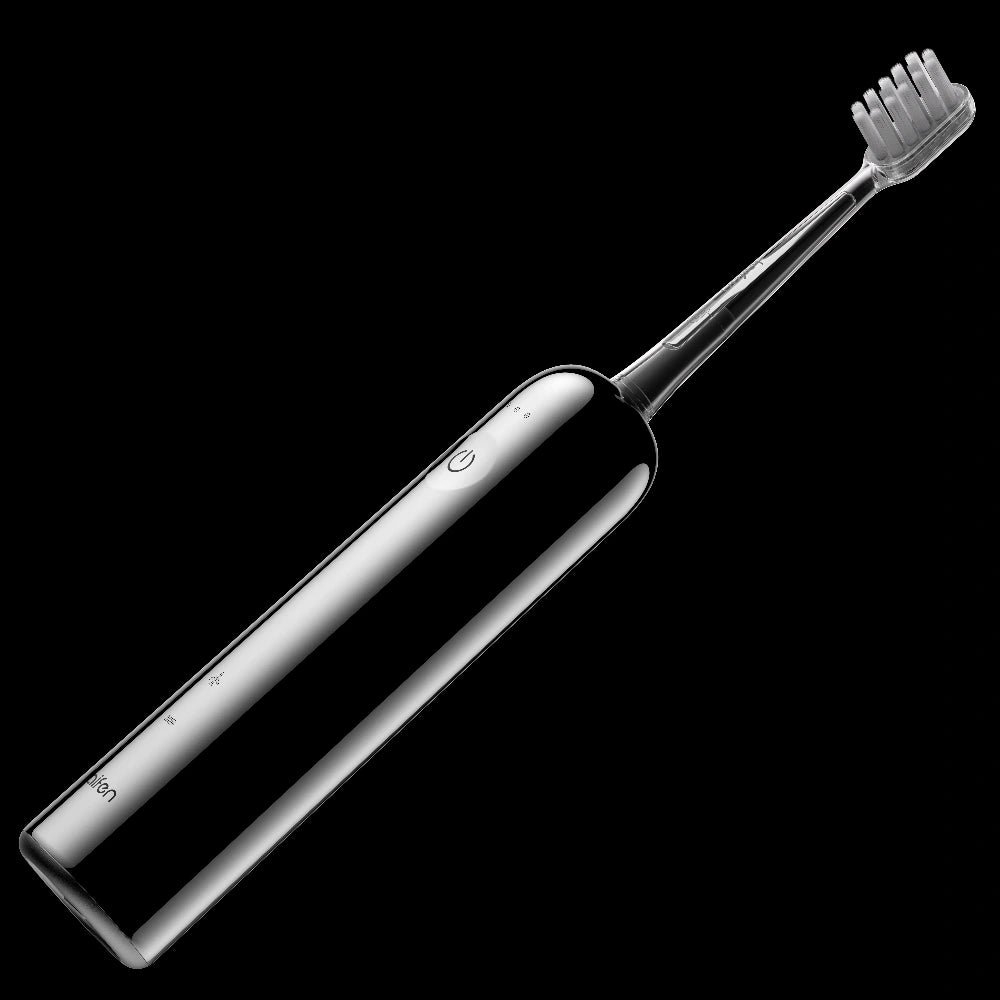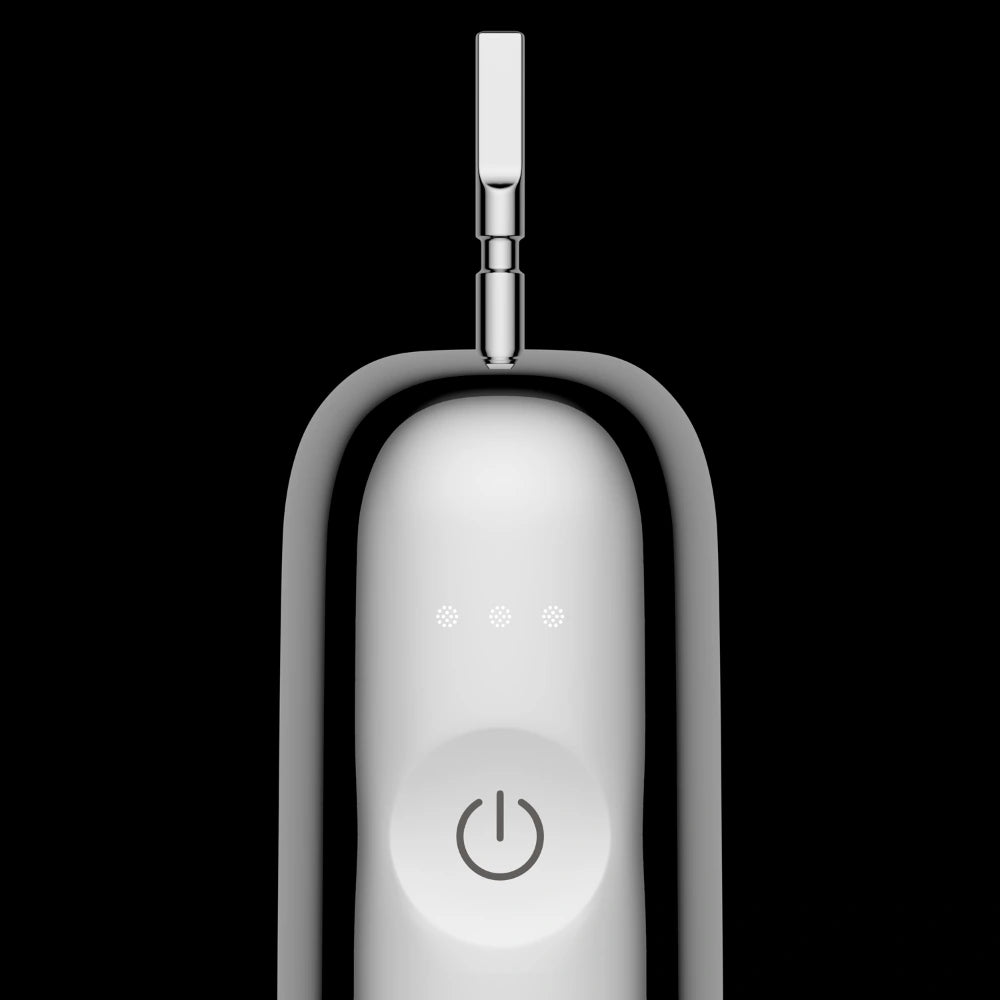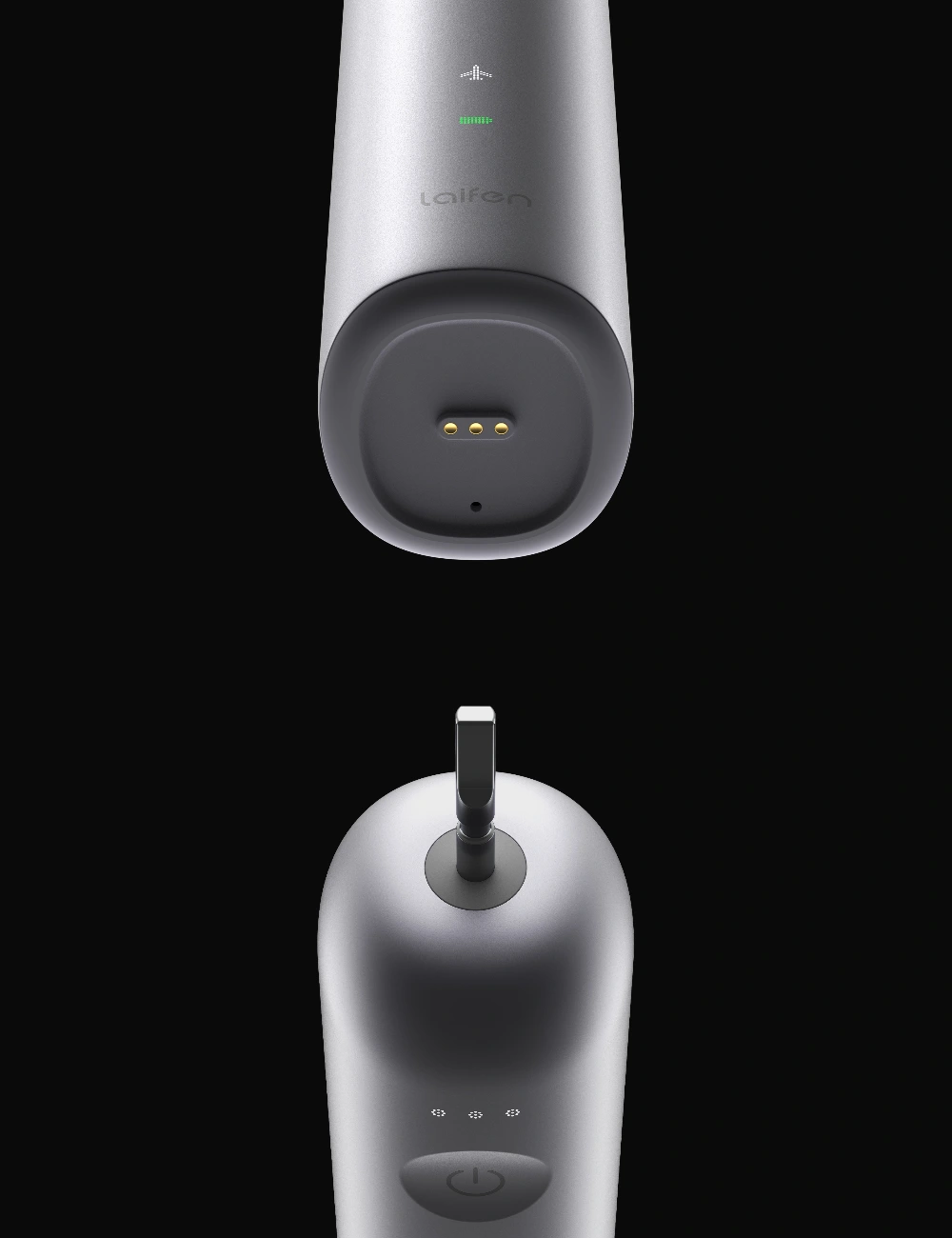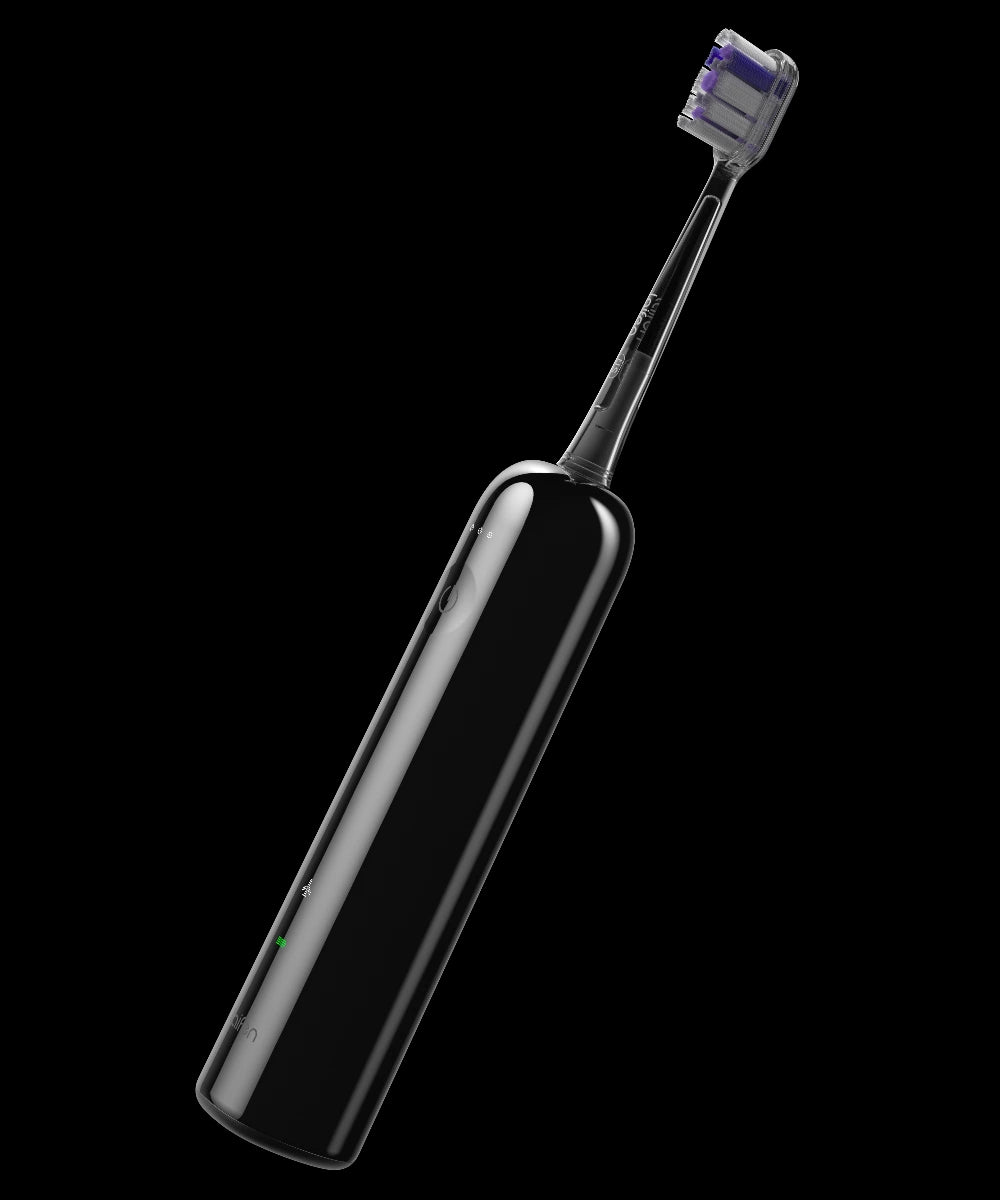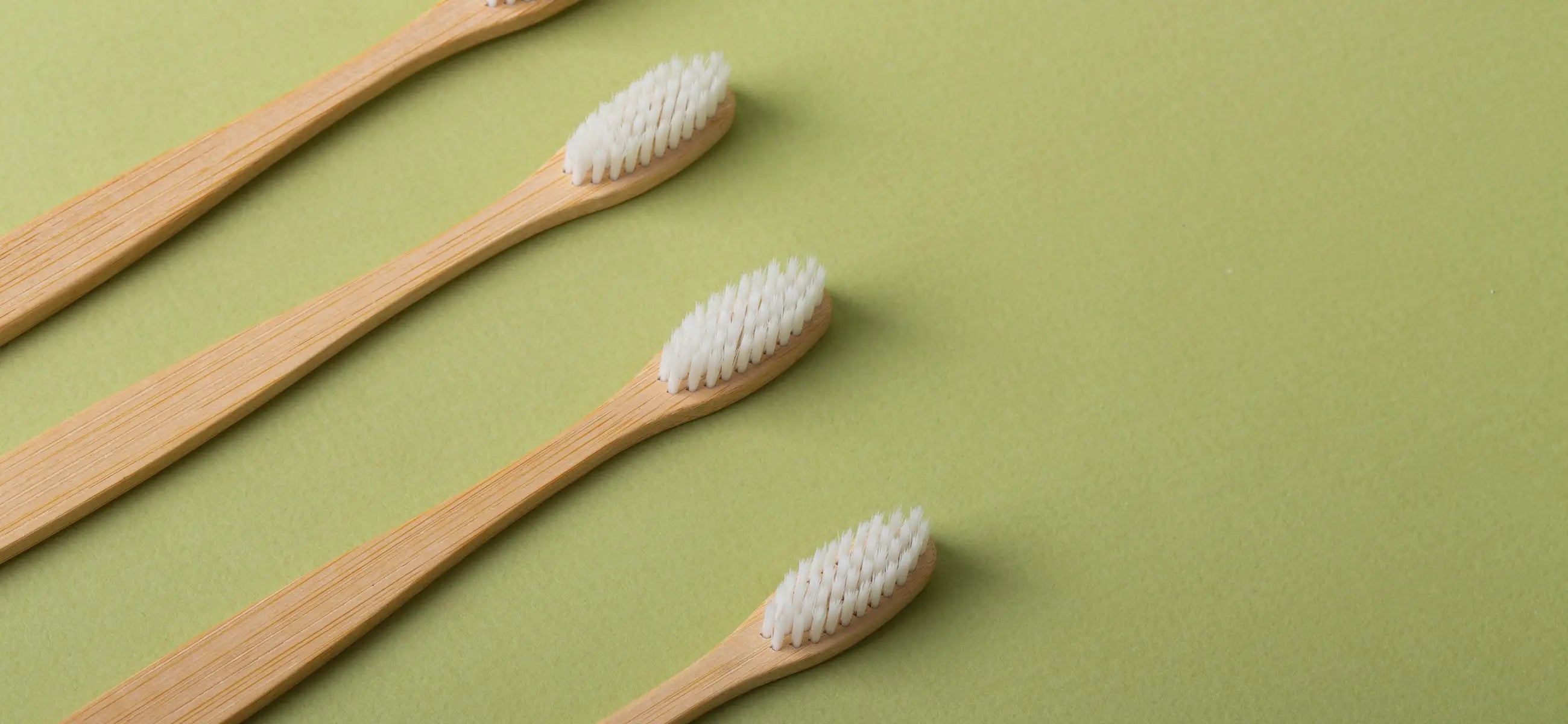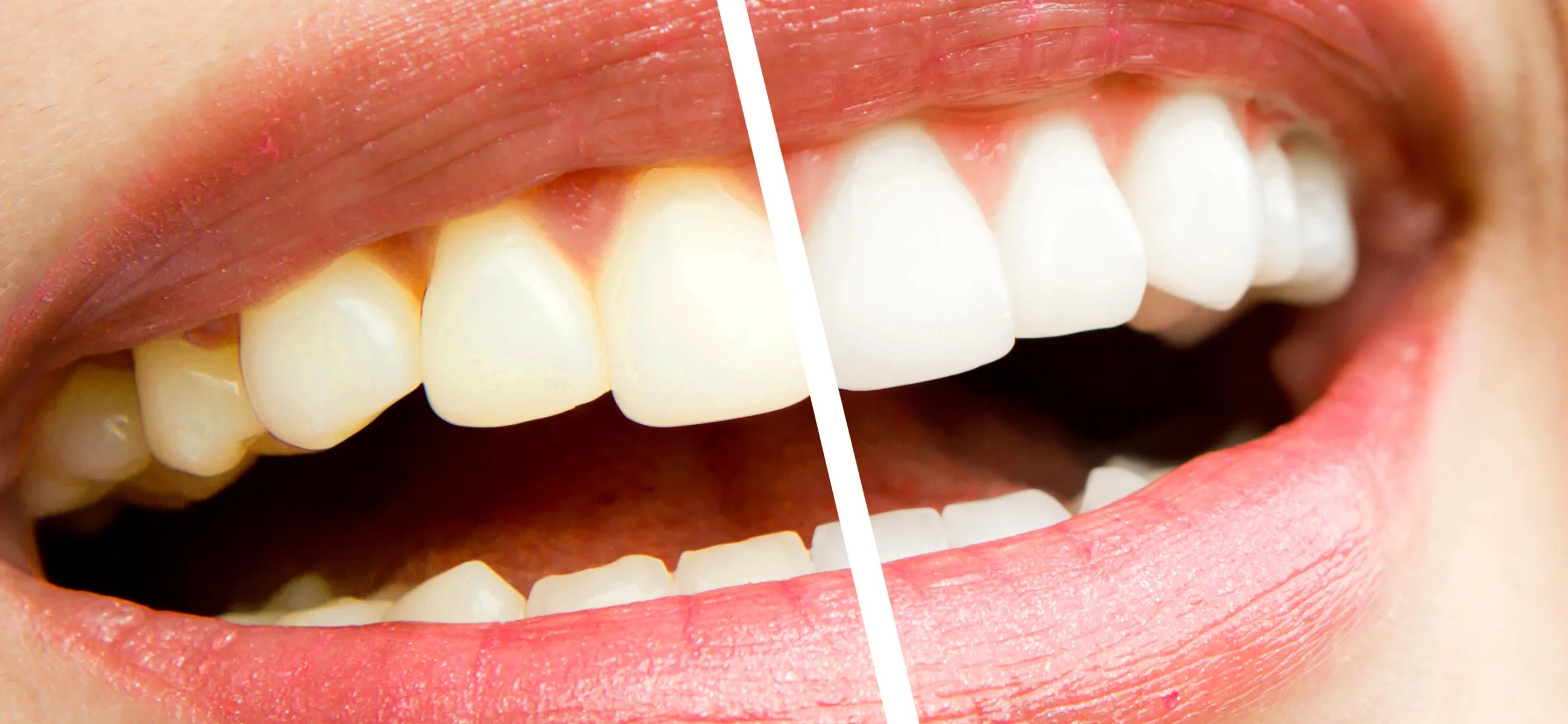
In this article
Have you ever heard of the term "soft teeth"? Some people believe that they suffer from this condition, which makes them more prone to dental issues despite taking good care of their oral hygiene. It's said to be linked to major life events, such as having children, or family history, but it's essential to understand the truth behind it. Let's take a closer look at the facts together!
Myth vs. reality: Is it really possible to have "soft teeth"?
First things first, enamel, the outermost layer of your teeth, is the hardest substance in the human body. It's remarkably resilient and designed to withstand everyday wear and tear. So, what people perceive as "soft teeth" usually stems from increased susceptibility to decay and damage, not an actual change in the tooth's structure.
For completeness, there is technically a genetic condition called Amelogenis Imperfecta which is a congenital disorder that causes the tooth enamel to be improperly formed or too thin, causing it to appear uneven, brown, or pitted. This condition is rare, however.
Generally speaking, there isn't any way for the enamel to actually soften and fail, but that doesn't mean that there aren't other potential problems. But with problems, come solutions, so let's look at some of the things that can help solve the things normally associated with "soft teeth".
Causes of "soft teeth"
There are several causes that can contribute to your teeth becoming more susceptible to damage and decay, making it seem like you have "soft teeth." Here's a list of the common culprits, so if you see any familiar items on the list, see if you can strike them off!
1. Dietary habits
-
Frequent sugar intake: Bacteria in your mouth feed on sugar, producing acids that erode enamel. Sugary drinks like sodas, sports drinks, and fruit juices, along with sugary snacks, can cause these kinds of problems.
-
Highly acidic foods and drinks: Citrus fruits, pickles, vinegar, and even coffee can erode enamel due to their high acidity. If you're worried about your cup of joe, don't be! Moderation is key; just know that consuming them in excess can weaken your teeth's defenses.
-
Starchy carbohydrates: Refined carbohydrates like white bread, pasta, and crackers break down into sugars quickly, feeding harmful bacteria and contributing to enamel erosion.
2. Oral hygiene practices
-
Inadequate brushing and flossing: Brushing twice daily and flossing once removes plaque and bacteria that build up on teeth and contribute to decay. Skipping these practices allows them to thrive and weaken enamel.
-
Using harsh or abrasive products: Abrasive toothpaste or whitening products can wear down enamel over time, increasing their vulnerability to damage. Unfortunately, this is due to the active ingredients in these types of products, so there's no easy fix if you want to have both, but consider opting for gentle products or reducing their use. You should also consult your dentist before using whitening solutions.
3. Lifestyle factors
-
Dry mouth: Saliva naturally helps wash away food particles and neutralize acids in your mouth. Conditions like medications, dehydration, or certain medical conditions can lead to dry mouth, reducing this protective effect.
-
Smoking and alcohol: Smoking not only stains teeth but also weakens enamel and gums, making them more susceptible to infection and disease. Excessive alcohol consumption can contribute to dry mouth and increase acidity in your mouth, both of which are harmful to enamel.
4. Other factors
-
Genetics: Some people are naturally more prone to weak enamel due to genetic factors.
-
Age: Enamel naturally thins with age, making older adults more susceptible to decay.
It's important to remember that these factors often work together. For example, someone with dry mouth due to medication who also consumes sugary drinks frequently is at an even higher risk of enamel erosion.
How to fix "soft teeth"
Great news! There are a few easy lifestyle changes you can make to prevent dental problems like "soft teeth." First, try swapping out sugary and acidic foods and drinks for water. If you do indulge in some sweet treats, make sure to rinse your mouth with water afterward to get rid of any residue that bacteria love to feast on.
You can also help keep your teeth strong by getting more calcium and vitamin D in your diet. You can get it from sunlight exposure or supplements (just be sure to talk to your doctor first!).
When it comes to snacking, reach for tooth-friendly options like crunchy fruits and veggies. Apples and carrots are great choices because they have natural cleaning properties. And don't forget about celery, which can help stimulate saliva production.
Good oral care is essential to maintain healthy teeth. Brushing your teeth twice a day for two minutes with a soft-bristled toothbrush using a gentle technique can help strengthen your teeth. Using fluoride toothpaste is also important to remineralize weak enamel. Remineralization is the process by which minerals like fluoride, calcium, and phosphate reunite with your enamel through consuming food and water. This process helps to protect your teeth from demineralization, which is caused by acids found in bacteria and sugar that attack your enamel.
When there is an imbalance between these two processes, tooth decay can occur. Fluoride plays a protective role in promoting remineralization. It brings calcium and phosphate ions to the tooth to create a new surface area that is acid resistant.
You should also floss daily to remove plaque and debris between teeth that brushing alone can't reach. Consider using a water flosser for ease and effectiveness. Finally, moderating smoking and alcohol is great for overall health, and your oral health is no exception. Limiting these two can help reduce dehydration and acidity in your mouth.
Additional protective measures
To protect your enamel from the wear and tear caused by teeth grinding, you can try wearing a mouthguard while sleeping. Additionally, it's crucial to schedule regular dental checkups and cleanings at least twice a year to ensure professional monitoring and early detection of any potential oral issues.
Lastly, for those with high-risk teeth, applying dental sealants is an effective way to provide an extra layer of protection against decay. This is particularly important for children, and your dentist can provide expert advice on the best course of action for your individual needs.
The bottom line
And that's all you need to know about how to combat "soft teeth". Sadly, there's no miracle cure that will help to beat the symptoms of this "disease", but effective oral care and some healthy lifestyle choices will go a long way to toughening up those teeth and making them into sturdy walls that can properly fend off invaders! Do you have any tips of your own for getting the strongest teeth ever? Let us know in the comments below, and don't forget to smile!





